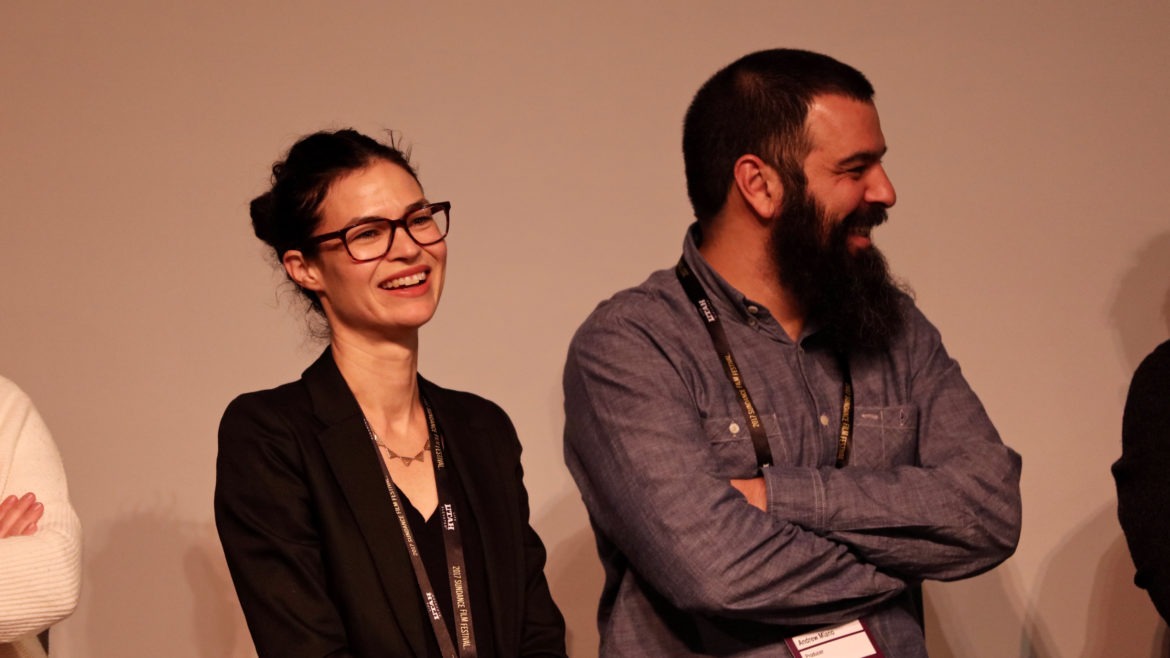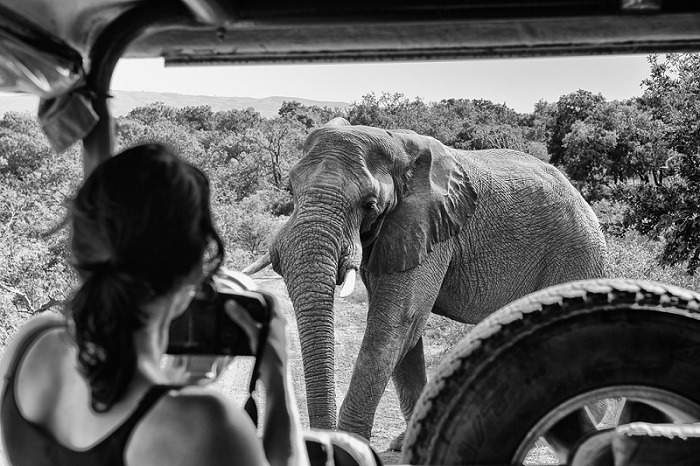There’s something unique about sitting across the table from an indie film producer. The energy of a fighter exists, quiet and understated, resting beneath the surface. For Danielle Renfrew Behrens, that energy reflects a 20 year career, multiple Sundance premieres and successes in both the documentary and indie feature genres. This experience has led her to become a champion for indie filmmakers, founding Superlative Films in 2015 as a “one stop shop” to fund low-budget films.
As a self-proclaimed “treasure hunter” Behrens’ job is to dig deep to find diamonds in the rough, screenplays waiting to be discovered, films needing to be made. Once the project has been chosen, a different side to the producer emerges. In this phase, she calls herself a “soldier,” someone who goes to battle to make sure these films find a screen and an audience. And, for Behrens, it is all about the story.
“Indie film is a grind. People are in it for something other than the money.” Behrens explains, there tends “to be a sense of collaboration on an indie set,” because the crew is there for more than a job. Due to the lack of a financial safety net, everyone involved matters and has to work together to contribute to a piece of art that matters too. A story that has to be told.
Eight minutes into Superlative’s latest film, Night Comes On, it becomes clear why this story had to be told. Dominique Fishback and Tatum Marilyn Hall give piercing performances as sisters who embark on a journey of revenge after suffering a great tragedy. The movie is unapologetically unsettling and raw, laced with moments of such tenderness and heartache you can’t turn away, even when you’d like to. It’s hard to watch, but you need to.
Those urges, the ability to move a human being, is likely what drew Behrens to the script to begin with. As Founder of Superlative Films, Behrens is the sole decision maker. She selects her projects by journeying through her virtual stack of scripts to find the one. But how do you know when you’ve found a stand-out, has to be made story?
“It’s all subjective. It comes down to my taste… something I read and can’t put down.” No surprise, her taste seems to resonate with viewers and critics alike. In May, Samuel Goldwyn Films acquired distribution rights to Night Comes On and critics from the LA Times to the NY Times call the movie “touching,” “stirring,” “authentic,” and “impressive.” Not bad for first time director, Jordana Spiro, who also co-wrote the script with Angelica Nwandu.
“It’s not by design” that Behrens finds herself continually working with first time directors. However, that tends to be what she gravitates towards. All five Superlative films to date have been directorial debuts. Perhaps that is because Behrens views herself as a person who “identifies talent, supports that talent and helps them get out of their own way.”
In this way, her adjective, “Mother Hen” also suits her perfectly. There is a maternal tone of affection when she speaks of how “proud” she is of Fishback’s and Halls’ “phenomenal” performances and how Spiro will move forward into new and interesting projects.
There is no doubt the indie film world is a hustle, tough and often lacking in financial reward. But, if Behrens and Night Comes On prove anything, it is also a heart-filled community committed to artistic growth and telling stories that mean something.
Night Comes On is now available to stream online.

